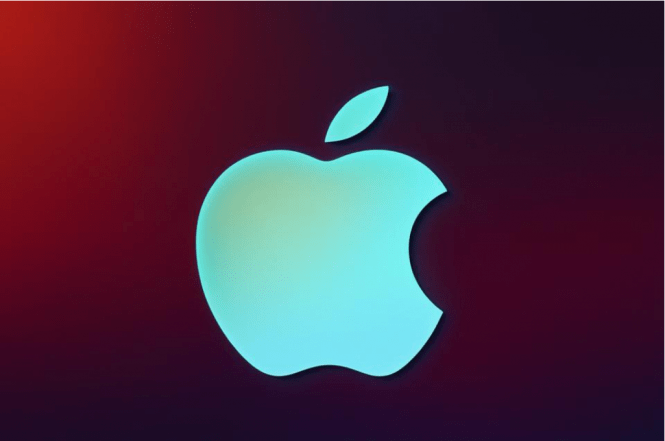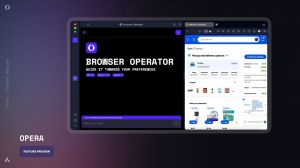 Apple seeks to license Google’s and Baidu’s AI
Apple seeks to license Google’s and Baidu’s AI
While Apple competes with Microsoft for the title of the world’s most valuable company, the latter seems to have the upper hand in the AI battle. It has invested in OpenAI, arguably the best known name on the LLM market, and approached some other artificial intelligence developers. Both companies have been working on assistant systems, Siri and Cortana, for quite some time now (they’ve actually set off on this journey before AI became a widely used term). Siri’s been mainstream throughout, and Cortana’s never reached the status of a routinely addressed digital aide, which suggests that the events should have turned totally differently than they did. So, why is Apple looking to employ third-party LLMs in its future products?
Apple and Google’s Gemini
First things first: Apple does have its own large language models, or AIs. Siri’s powered by something of this kind, then there’s Ajax LLM, and Apple GPT. Moreover, recently the company has published a paper presenting MM1, its multimodal large language model (MLLM), which is supposed to be on par AIs currently considered best in the world. In other words, Apple doesn’t terminate its AI branch; on the contrary, it is extending it with manpower from the recently canceled e-vehicle project.
Yet, there are talks with OpenAI and Google about integrating their models into the future iOS 18. Mind you, so far this information is at the level of rumors and officially unconfirmed news, yet it seems likely that Gemini will play a bigger role in the experience of iPhone/iPad users quite soon.
 Gemini Advanced, AI subscription from Google
Gemini Advanced, AI subscription from Google
While there are no details nor specifics as to what exactly Google’s LLM will power (and it looks like OpenAI is off the table for now), it would be safe to assume that for the companies, this undertaking will be an extension of their search engine deal, which has Alphabet paying Apple upwards of $18 billion a year to make Google the default search provider in the iOS ecosystem. Moreover, the giant has an ongoing experiment with generative search, where AI’s serving results in response to search queries, so that’s likely to be part of the deal, too. Finally, Gemini’s good at generation of images and texts, these types of tasks will also be outsourced to this LLM powering the respective functions and features available to users of iPhones and iPads.
Google and Apple have been partners for a long time now, but the road hasn’t been bumpless. For example, Google Maps was the default navigation solution in Apple products up to 2012, but then the Cupertino company decided to switch to an in-house system. The cooperation between the giants in the field of AI, given its much wider scope compared to plotting routes from A to B, can yield something great, and if it fails, there’ll be a loud bang everyone will hear.
Apple and Baidu’s AI
This one is simple: China is Apple's largest overseas market, and while the sales there dropped considerably in 2024, the figures are still huge. To continue its presence in the Middle Kingdom, Apple seeks assistance from local AI developers, because in China, there’s a list of government-approved LLMs, and you may not have anything not from that list if you want to sell your devices there. Google’s Gemini, as you understand, isn’t an option, since the Great Firewall has been fencing the country from the search giant since 2010. Baidu’s Ernie bot, on the other hand, is 100% legal in China, and it’s one of the leading solutions there, thus the Apple’s moves.
All in all, it’s safe to assume that iOS 18 will put AI power at your fingertips and turn the phone into something next-level compared to the basically communication device it is now. Stay tuned for continued reporting on the matter.



